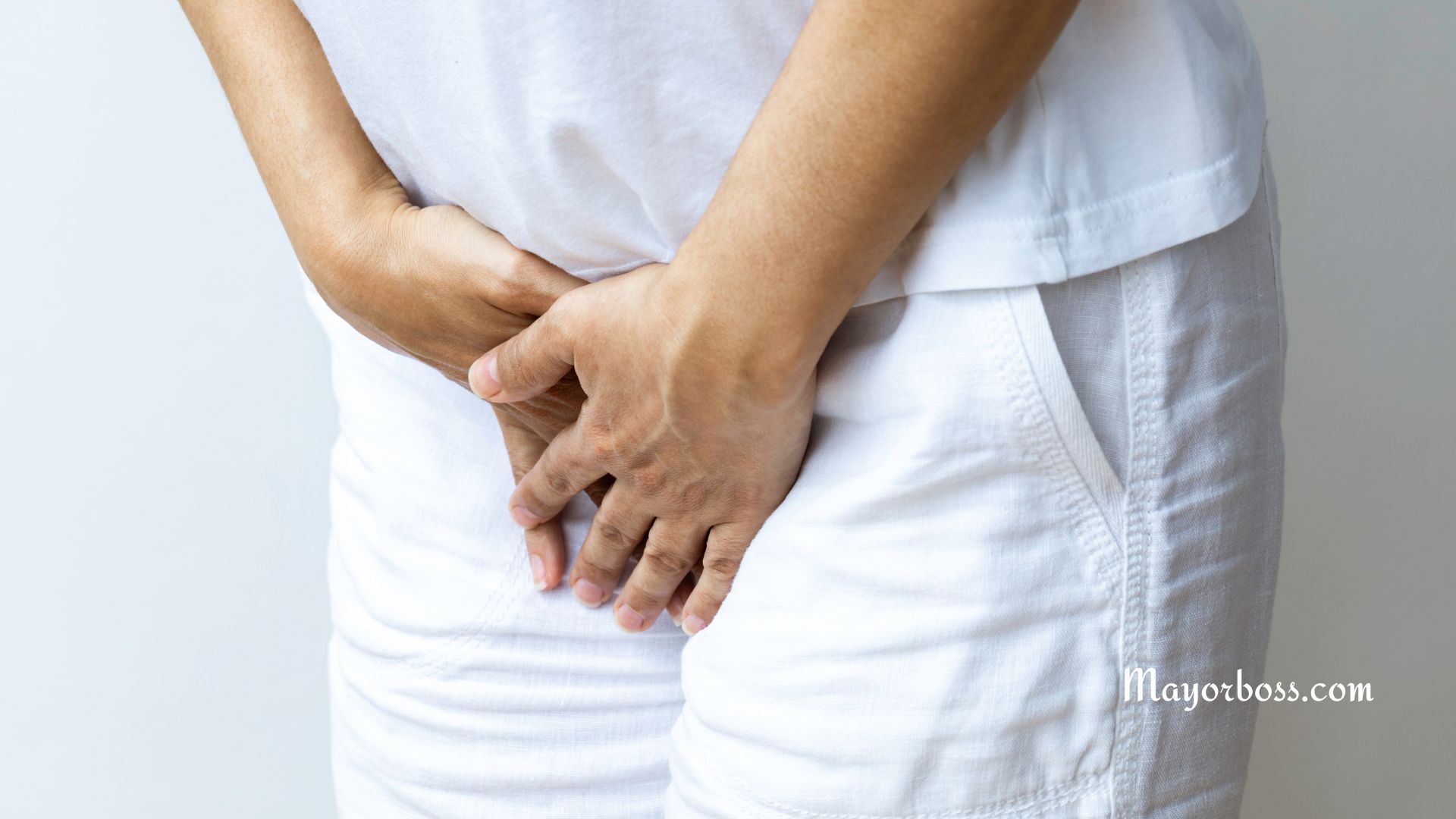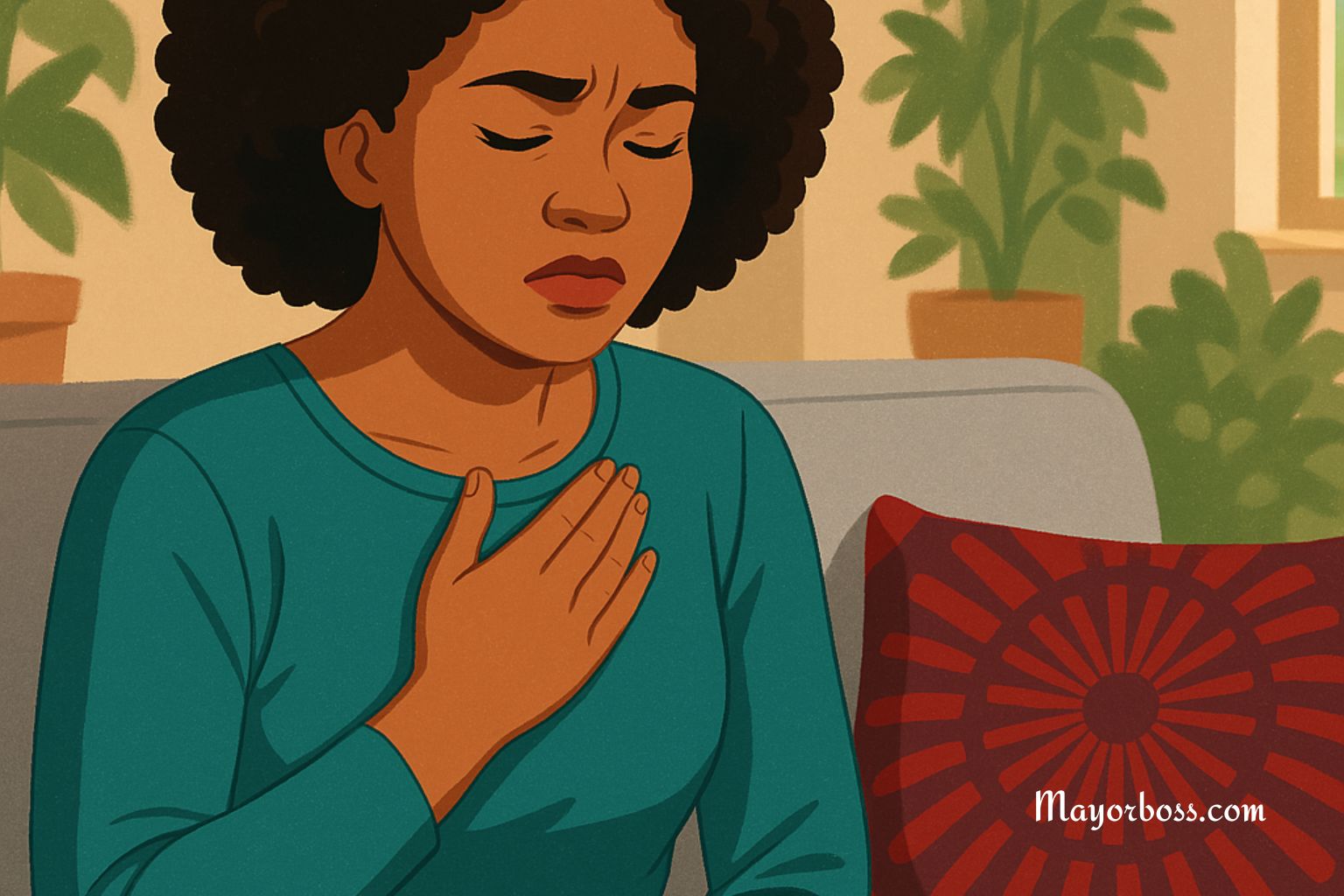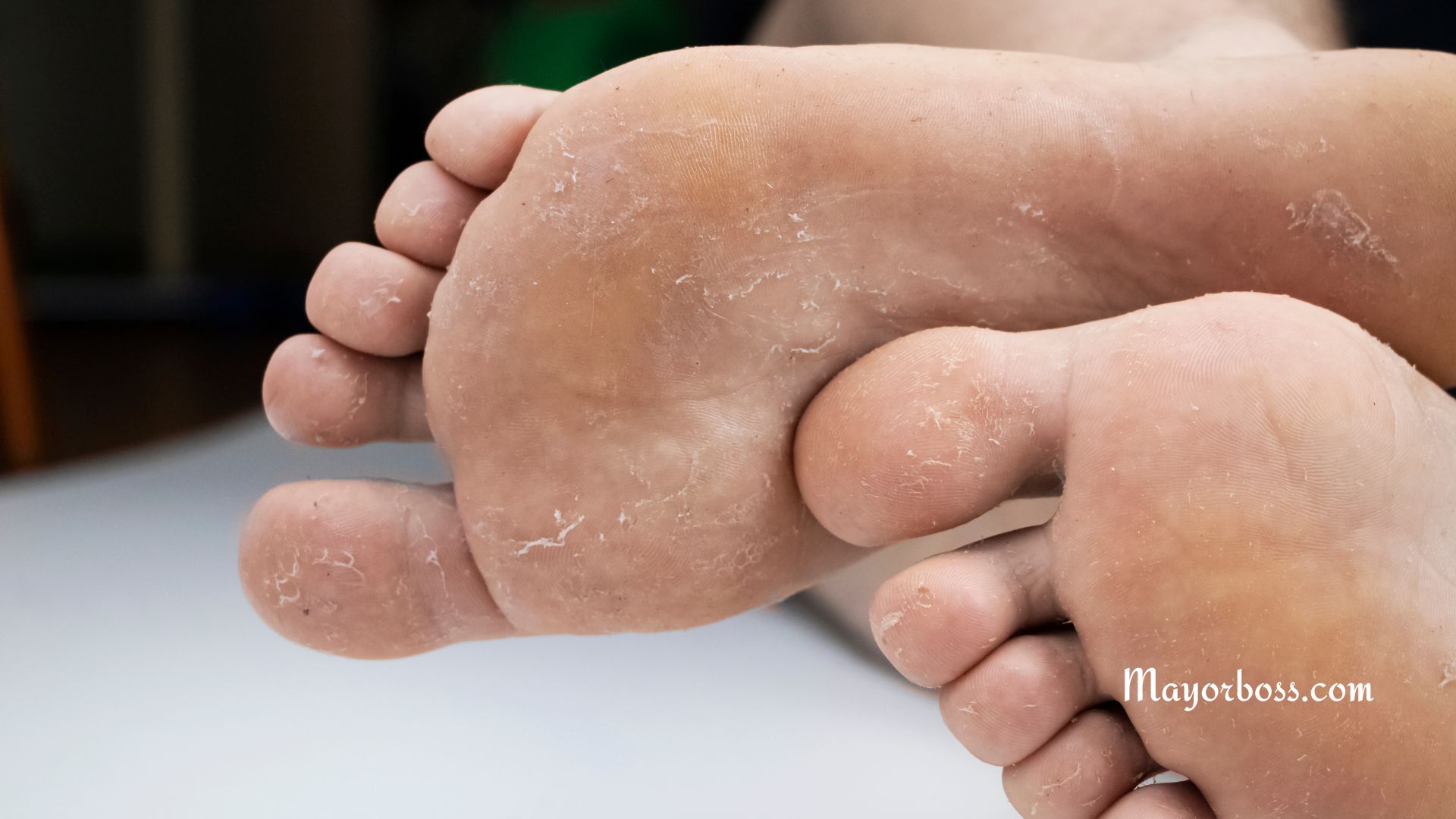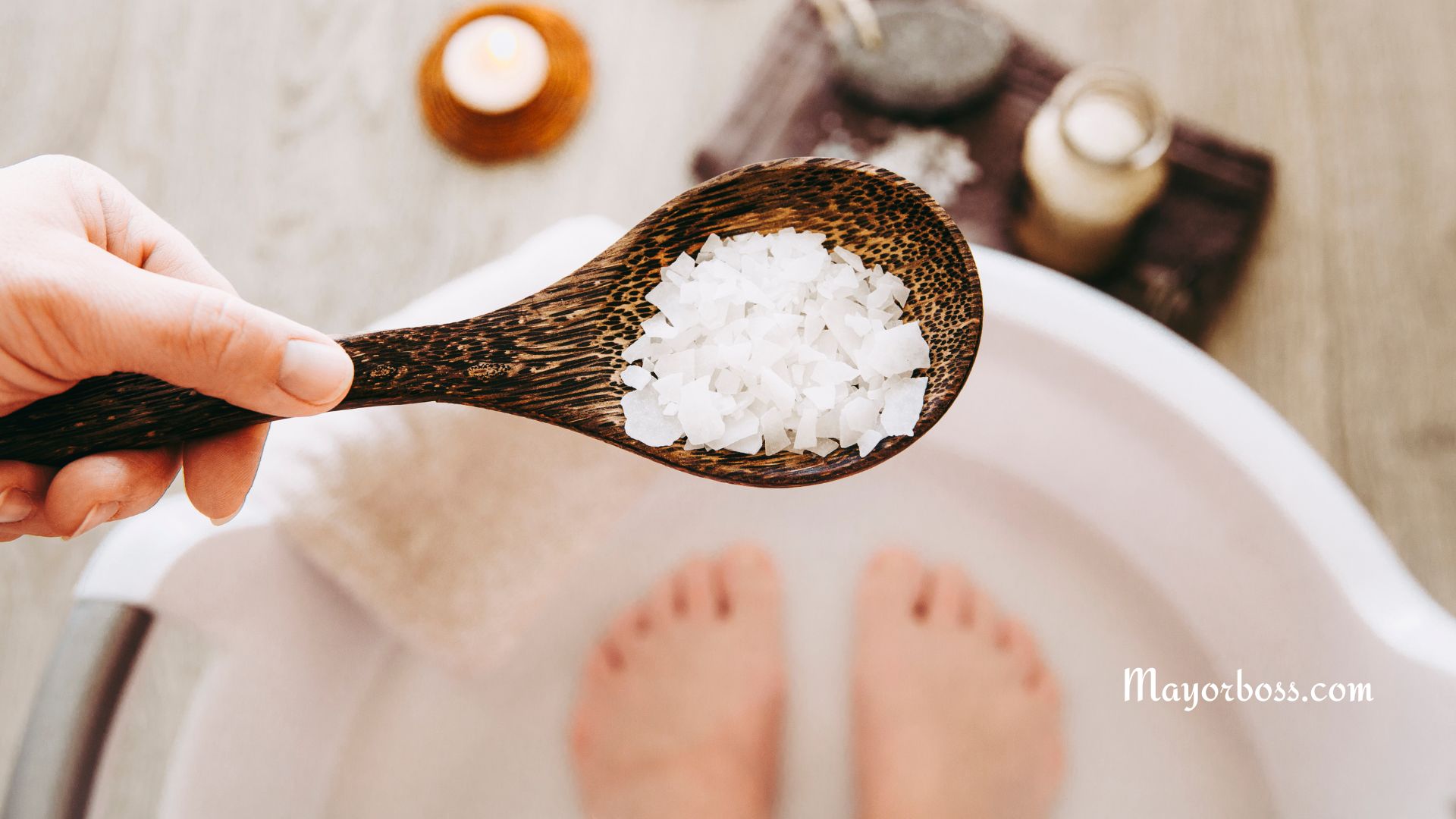7 Home Remedies for Gastritis
Relieve inflammation naturally and protect your stomach lining
Gastritis occurs when the lining of your stomach becomes irritated or inflamed. This can cause symptoms like bloating, nausea, indigestion, and stomach pain. While medications can help, certain home remedies may provide gentle and effective relief.
Here are seven science-backed remedies that may ease gastritis symptoms and support your digestive health.
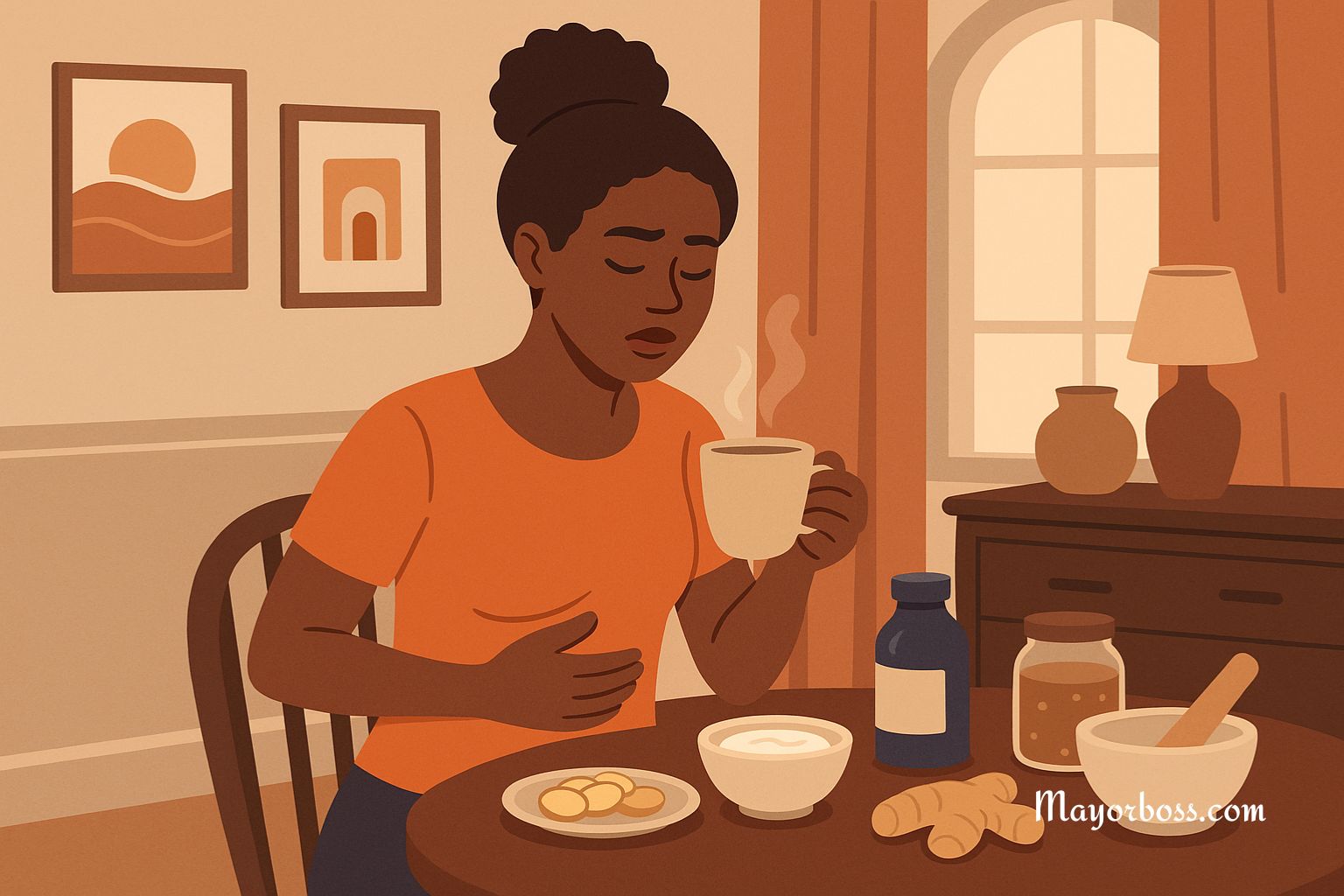
1. Drink Warm Ginger Tea
Ginger contains powerful anti-inflammatory and antibacterial properties. It may help calm the stomach and reduce inflammation in the gastric lining. Drinking warm ginger tea before or after meals may relieve bloating, nausea, and discomfort.
How to use:
Slice a small piece of fresh ginger root and steep it in hot water for 10–15 minutes. Sip slowly while warm. Avoid drinking it on an empty stomach if you’re sensitive.
2. Add Probiotic-Rich Foods
Probiotics are beneficial bacteria that support gut health. They may help restore the balance in your digestive tract and reduce inflammation caused by gastritis. Certain strains may also help kill H. pylori, a common bacterial cause of chronic gastritis.
Best sources:
- Yogurt with live cultures
- Kefir
- Sauerkraut
- Kimchi
- Miso
- Tempeh
Tip: Choose unpasteurized or refrigerated varieties for the most benefit.
3. Eat Small, Frequent Meals
High eating speed and large meals can stretch the stomach and increase acid production, which may worsen gastritis symptoms. Eating smaller portions more often allows the stomach to digest food more easily and reduces irritation.
Helpful habits:
- Eat 4–6 small meals a day
- Avoid skipping meals
- Chew food slowly and thoroughly
- Sit upright after eating
4. Avoid Spicy, Acidic, and Fried Foods
Certain foods can irritate the stomach lining and trigger gastritis flare-ups. If you notice burning, pain, or nausea after eating, consider whether your diet may be contributing.
Common triggers to avoid:
- Spicy peppers and hot sauce
- Tomatoes and citrus fruits
- Coffee, soda, and alcohol
- Fried and fatty foods
- Processed meats
Choose instead: Soft-cooked vegetables, plain rice, boiled chicken, or oatmeal.
5. Try Slippery Elm or Licorice Root
Both slippery elm and deglycyrrhizinated licorice (DGL) can coat and protect the stomach lining. They create a soothing barrier that may reduce inflammation and help tissue heal. These herbs are often used in traditional medicine to manage gastritis symptoms.
How to use:
- DGL tablets: Chew 15–20 minutes before meals
- Slippery elm powder: Mix with water or herbal tea, 1–2 times daily
Note: Speak with a healthcare provider before using herbal supplements, especially if pregnant or taking medications.
6. Reduce Stress
Stress does not cause gastritis, but it can make symptoms worse. Chronic stress can disrupt digestion, increase stomach acid, and slow down healing. Learning to manage stress may reduce flare-ups and improve overall gut health.
Simple stress-reducing techniques:
- Deep breathing exercises
- Walking in nature
- Listening to calming music
- Yoga or meditation
- Journaling
Even 10–15 minutes of quiet time daily can be beneficial.
7. Stay Hydrated with Non-Irritating Fluids
Proper hydration helps maintain the protective lining of your stomach. However, some drinks like alcohol, soda, and coffee may aggravate inflammation. Instead, choose fluids that soothe the stomach.
Better choices include:
- Warm water
- Herbal teas (chamomile, marshmallow root, licorice)
- Coconut water
- Diluted aloe vera juice
Sip fluids throughout the day to support digestion and reduce acidity.
When to See a Doctor
While these remedies may ease mild gastritis, persistent or severe symptoms require medical evaluation. Signs to watch for include:
- Ongoing stomach pain or burning
- Vomiting blood or black material
- Black, tarry stools
- Unintended weight loss
- Difficulty eating
These could point to bleeding ulcers or a more serious condition. Your doctor may recommend testing, medication, or further treatment.
Final Thoughts
Gastritis can often be managed at home with thoughtful changes to your diet and daily routine. Ginger tea, probiotics, stress reduction, and soothing herbs may provide natural relief. But always seek medical care if symptoms persist or worsen.


